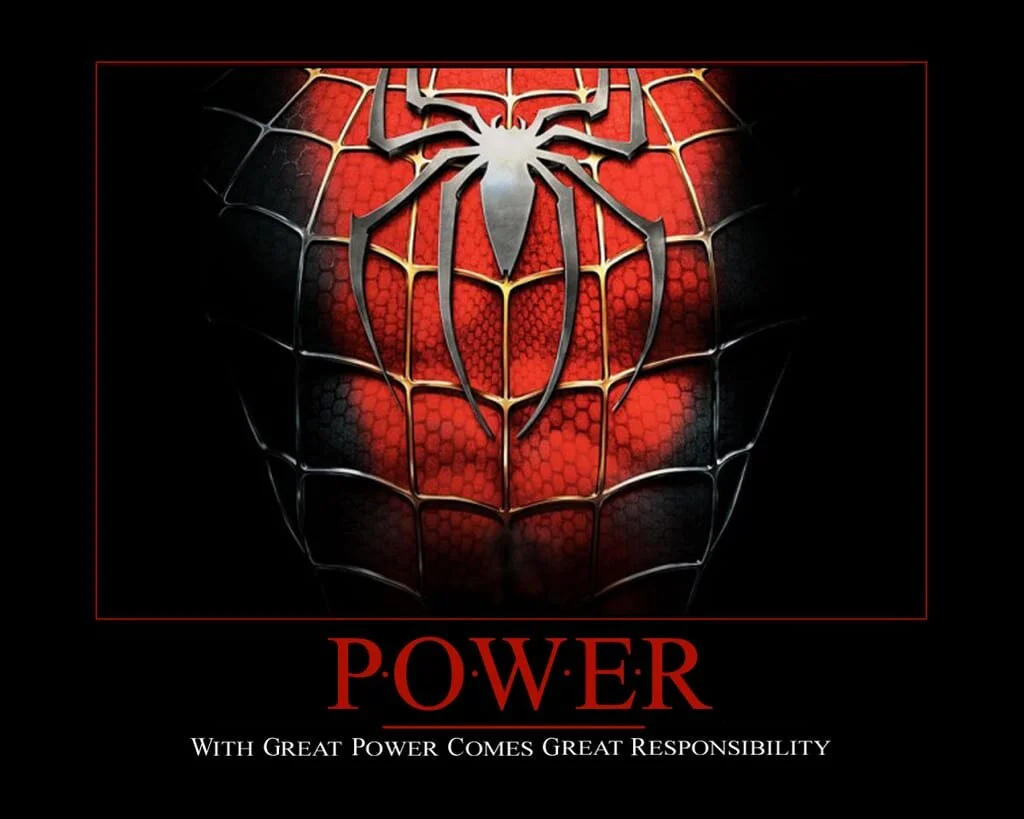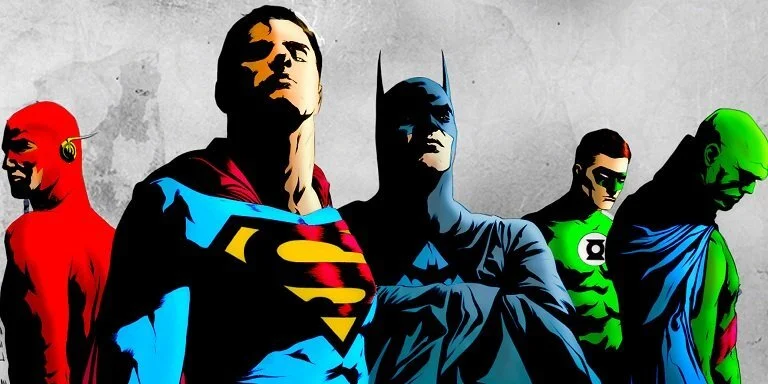Blockbusted | The Slump Of Superheroes
Rebel EM
Is it a bird? Is it a plane? No, it’s an extremely overused introduction.
Superheroes. We know what they are. We all have our favourites.
They are the daredevils who do the unthinkable; champions who challenge the impossible; Superhuman’s who know the overwhelming odds, but confront them anyway.
Yet these charming creations are more than mere entertainment to pass the dog days of youth.
From our comic books to our movies, these marvels of magic and mystery represent society’s morals, ethics and ideals.
dailysuperheroes.com
Superheroes stand at a unique crossroads in their history. Their fate is intertwined with our culture.
Because in the Superhero Industry, business is booming.
Yet as cinema conglomerates churn out superhero movies faster than scriptwriters can pen half-decent storylines, we are left increasingly unfulfilled.
It’s almost as if these characters - with superhuman profit making abilities - are filling the void of our real life Superheroes.
By tracing the genre back to its own origin story, we can see how this unoriginal state of affairs came to pass… and how we posses the power to over turn it. Despite the odds.
The Genesis Of Superheroes
Superheroes (specifically, comic book ones) were originally created to serve a certain purpose - to fill the gap in children’s entertainment.
The 1930’s witnessed the birth of the modern American comic book, making its way into the hands of countless children, thirsty for an escape from (economic) depression.
Comic Vine
The creatives headed the call of the people and took action: they brought joy, fun and laid the foundation of the timeless characters we know today.
Thus, both children and adults sought after these printed paladins as a means of escaping the harsh realities of life.
Certain editions of Batman and Superman depicted stories of the superheroes defending the average, downtrodden working man, their story arcs pitting them against the brutish forces of corrupt businessmen.
But then, the axis of evil realigned itself.
The US was at War.
History of Sorts
Hearts and minds still needed winning over.
And so did the people’s money.
History of Sorts
The US government revived their wartime bond program, cooperating with publishers to push the message out to all facets of American life.
History of Sorts
The stories and themes of the comics played with propaganda-like plots and in turn helped bolster national spirit, dehumanised the Nazi Party and fuelled the wartime effort.
History of Sorts
This had a galvanising effect.
Slandering slimy “Jerries” elevated the cause of the military “Superheroes”, and in turn, the Superhuman ideals of The Good versus Evil.
History of Sorts
It had a truly unique effect in mass entertainment.
The farmhand, the steelworker and the infantryman could align their actions, inspirations and beliefs with the fictional heroes of the age.
They could be heroes in their own lunch time.
Amazon.com
And there’s no greater symbol of this media effect and elevation of American exceptionalism than Captain America.
Washington Post
The shield-wielding “Global Policeman” - on par with the Gods - is the equal of Thor and Superman. The almighty, incorruptible director of truth, liberty and freedom.
Unquestioned American iconography at its finest.
His reincarnation over the last decade is tantamount to making “America Godly Again“.
WhatCulture | Captain America wielding Thor’s Hammer in Avengers: Endgame
So what does this mean for the future of original superheroes?
Can creators concoct new concepts and ideas that we haven’t seen before?
Marvel and DC understand that their franchises cannot be milked forever. But They’ll try.
And nothing has come close to reaching their legendary status.
However, the internet still produces counter-culture pockets of resistance.
Take One Punch Man, for example.
The Japanese Superhero of web manga origins is great and lame in equal measure.
sgcafe.com
Crucially, he is entertaining for a young generation who see beyond the bullshit genre of what is spoon-fed to them by the DC/Marvel monopoly.
Though, if anything, One Punch Man is a fantastic example of the only remaining space available for a modern Superhero to emerge.
Satire.
Interestingly, this is exactly the rhetorical domain that our real life confronters of evil (Late Night Talk Shows) take on the Fools that can be Kings (take your pick).
This is the crux of why the current state of Copy/Paste Superheroes represents a cultural and spiritual theft:
It’s a reflection of a world suffering from an abundance of false prophets.
Pintrest
How do we, the audience of political pantomime, deal with this agonising, helpless malaise?
We go to the movies.
We watch the 10th incantation of (insert mainstream superhero) save the world.
We feel satisfied. Entertained. For a moment.
All the while, real life villains carry on with their evil, while good people do nothing.
They just rinse and repeat.
Spiderman 11 is out.
Reddit.com
Responsibility Doesn’t Just Come With Great Power
Responsibility is there for anyone who wants to take it.
Finger pointing at the absence of the Bat Signal isn’t just part of the problem. It is the problem.
Waiting for the world’s problems to be solved by anyone but ourselves is the definition of swapping our heroes for ghosts.
The common man/woman is not required to fly through the sky to save the world. Just getting the simple things right is enough.
Indeed, the absence of random acts of kindness in a decaying society is the crux of the new Joker movie.
themarysue.com
Yes, kindness is the Superhuman expression of unconditional love that prevents the villains of tomorrow turn to the dark side.
But we need Superheroes now.
We need characters, stories and motifs that understand why you can’t sleep at night.
We need imaginations that exercise the original, hopeful and visionary thinking of the original comic book writers.
The antidote to blandness lies in unique storytelling.
Hence why creators of real Genius don’t practice their art for a cheap ticket to fame and fortune.
They do it to fight the good fight, whatever the odds.















